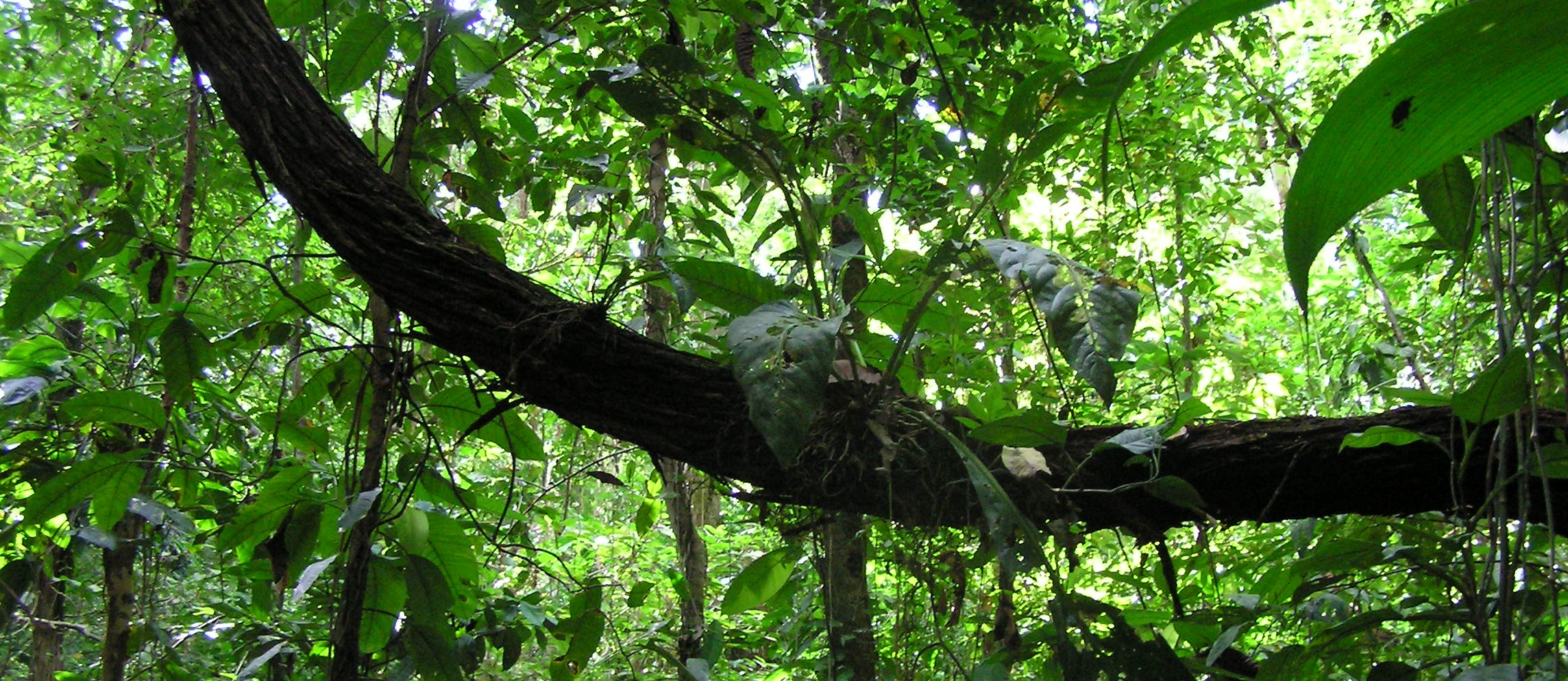Title
Root pressure and specific conductivity in temperate lianas: exotic Celastrus orbiculatus (Celastraceae) vs. native Vitis riparia (Vitaceae)
Document Type
Article
Publication Date
2000
Volume Number
87
Source Publication
American Journal of Botany
Abstract
The exotic temperate liana (woody vine) Celastrus orbiculatus has become a weed in Michigan, occurring in many of the same habitats as the native liana Vitis riparia. However, C. orbiculatus frequently develops into extensive monospecific infestations, while V. riparia does not. Freezing-induced embolism may be responsible for limiting liana distribution. Root pressure has been observed in numerous tropical lianas and temperate species of Vitis and has been implicated as vital to the recovery of xylem function in wide vessels following winter freezes. For both of these co-occurring lianas we investigated root pressure and water conductance as possible explanatory factors for their differential spread. According to our hypothesis, C. orbiculatus should have produced greater or more frequent root pressures than V. riparia. However, the reverse proved true, indicating that root pressure is not a prerequisite for weedy proliferation of C. orbiculatus. Additionally, the seasonal patterns of specific conductivity of stem xylem indicate that each species responds differently to environmental constraints. Vitis riparia establishes conductivity early in the growing, season, before the leaves emerge, using root pressure to reverse embolism, but loses conductivity with the first freeze in early autumn. Celastrus orbiculatus is slow to establish conductivity, depending on new wood production, but leafs out sooner than V. riparia and maintains green leaves after the first freeze. Vulnerability curves of xylem to cavitation caused by water stress for the two species indicate that they respond similarly to dehydration. These results indicate that root pressures are not responsible for the invasive success of C. orbiculatus and suggest that other factors must be key to its prolific invasion.
